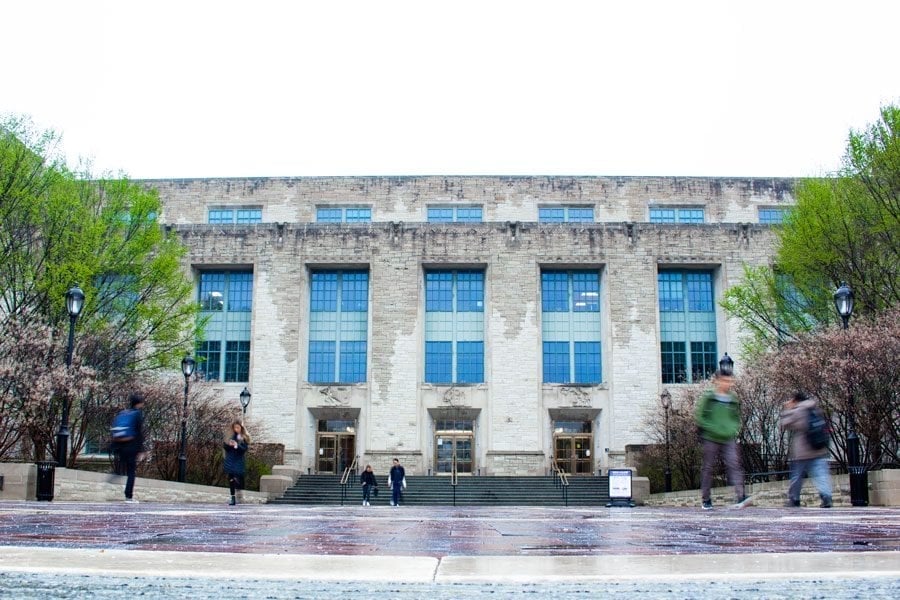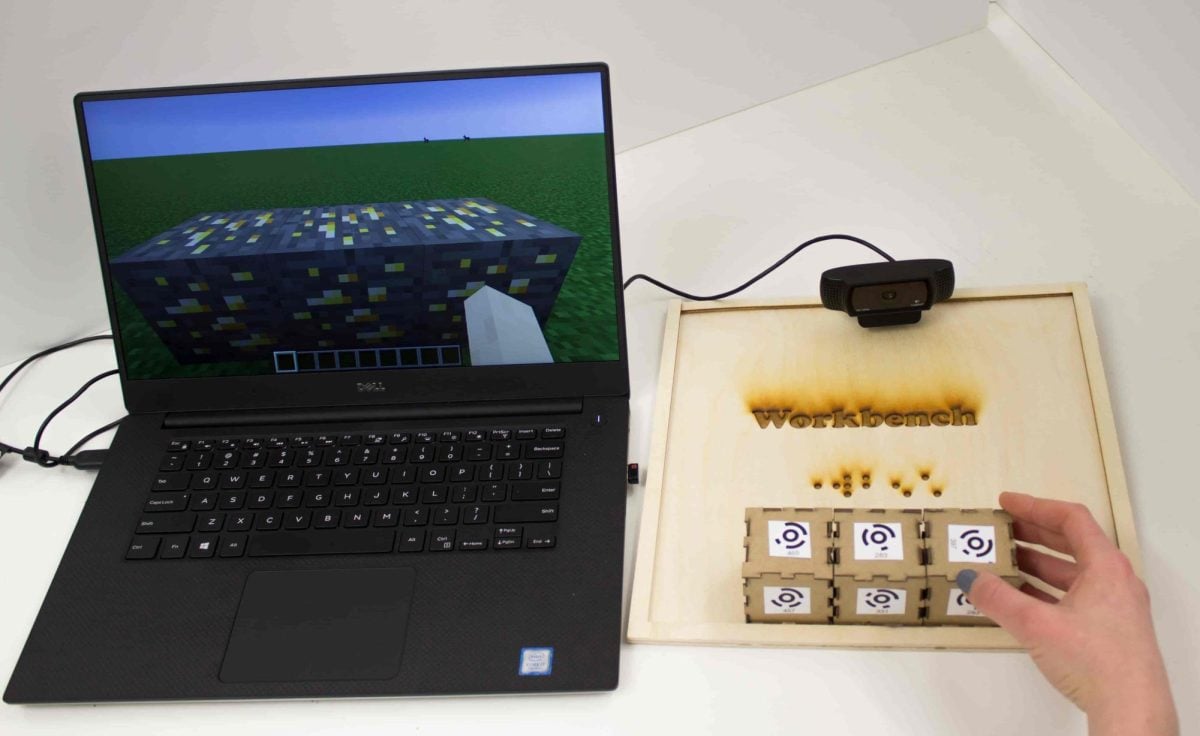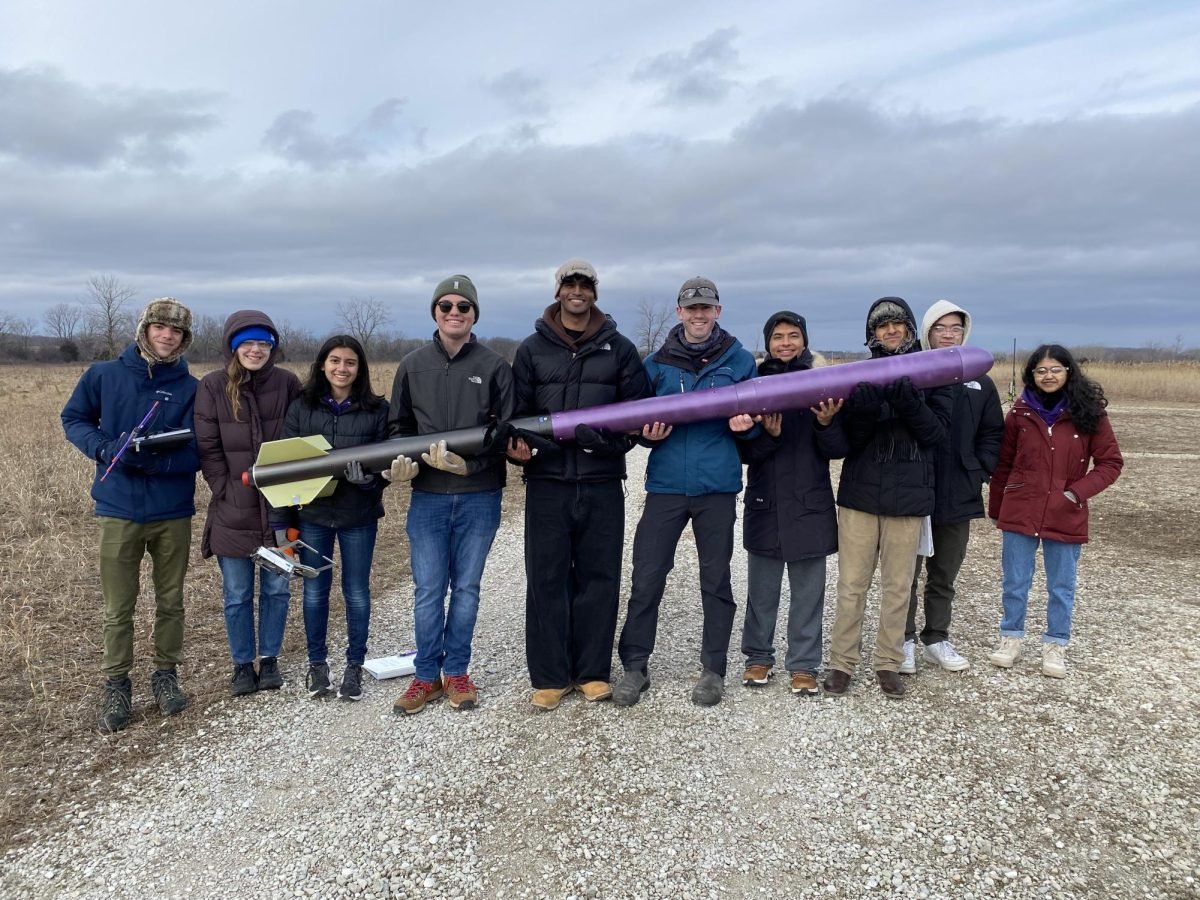In a year that saw several Northwestern research breakthroughs, the University announced Monday it used only $511.7 million in project funding, an 8 percent decrease from the previous year’s funding pool.
While funds for Weinberg and the School of Education and Social Policy increased, the allotments for the Feinberg School of Medicine and McCormick decreased by 8 and 12 percent, respectively.
For fiscal year 2010, the funding for NU faculty research projects was $556.4 million. Some of this funding originated from the finances behind the American Recovery and Reinvestment Act of 2009, which contributed money to institutions that offered financial support for research projects, such as the National Institute of Health.
Although the funding for fiscal year 2011 is less than that of the previous year, Vice President for Research Jay Walsh said the decrease is not indicative of a lack of faculty talent.
Rather, Walsh said the decrease is a natural part of the ARRA grant. Because it was a one-time federal grant and to be distributed over the course of several years, he said, the yearly allotment will decrease annually until the funds are entirely used. The funding cycle during fiscal year 2010 endured a high increase because of the “bump” from the first installment of the ARRA grant.
Walsh added schools like Weinberg and SESP have increased funding due in part to their growing ability to write research grant applications.
“Our faculty are really exceptional and creative and competitive in garnering funds from the major agencies,” said Kelly Mayo, Weinberg’s research dean.
For Feinberg, whose funding decreased by 8 percent to $317 million, the funding decrease for fiscal year 2011 came as no shock, said Dr. Rex Chisholm, the vice dean of scientific affairs and graduate studies in Feinberg.
Like Walsh, Chisholm said he understood the ARRA program was ending, which would be illustrated through the final funding amount. Instead, he said, he worries about attaining funding for fiscal year 2012 in the face of a predicted NIH decrease.
“It just reflects economic realities in the federal budget,” Chisholm said.
Dr. Teepu Siddique, one of the main researchers behind Feinberg’s recent discovery of a common cause of all forms of amyotrophic lateral sclerosis, said he will not be able to continue his research on ALS if he does not get any grant money. Currently, he has no federal funding, and his last grant ended in June. If he doesn’t get any more grant money, he said, he will not be able to pay the rent for his work space.
“We’ll go home,” he said.
Besides federal sources, faculty researchers can apply for grants through nongovernmental organizations such as the American Heart Association. However, these organizations come with their own financial limitations.
“They have much smaller research portfolios available,” Chisholm said.
Unlike faculty research, NU’s funding for undergraduate research through the office of the Provost has increased from last year, said Peter Civetta, the assistant to the associate provost and coordinator of undergraduate research programs.
In 2011, the office gave out about $453,000 compared to the previous year’s approximate $386,000. The funding comes out of the Office of the Provost.
According to Civetta, the office has been providing more money because of the growing interest in undergraduate research by students.
“One of the things it allows them to do is give them the ability to discover something that’s theirs,” Civetta said. “You get to study what you care about, not what somebody else thinks is important.”
Chisholm said he thinks research is an integral part of NU, and affects the quality of its students and faculty members.
“In some ways, it’s an important lifeblood of the university,” he said. “Those are the things that elevate the quality of the intellectual life we have at Northwestern.”







